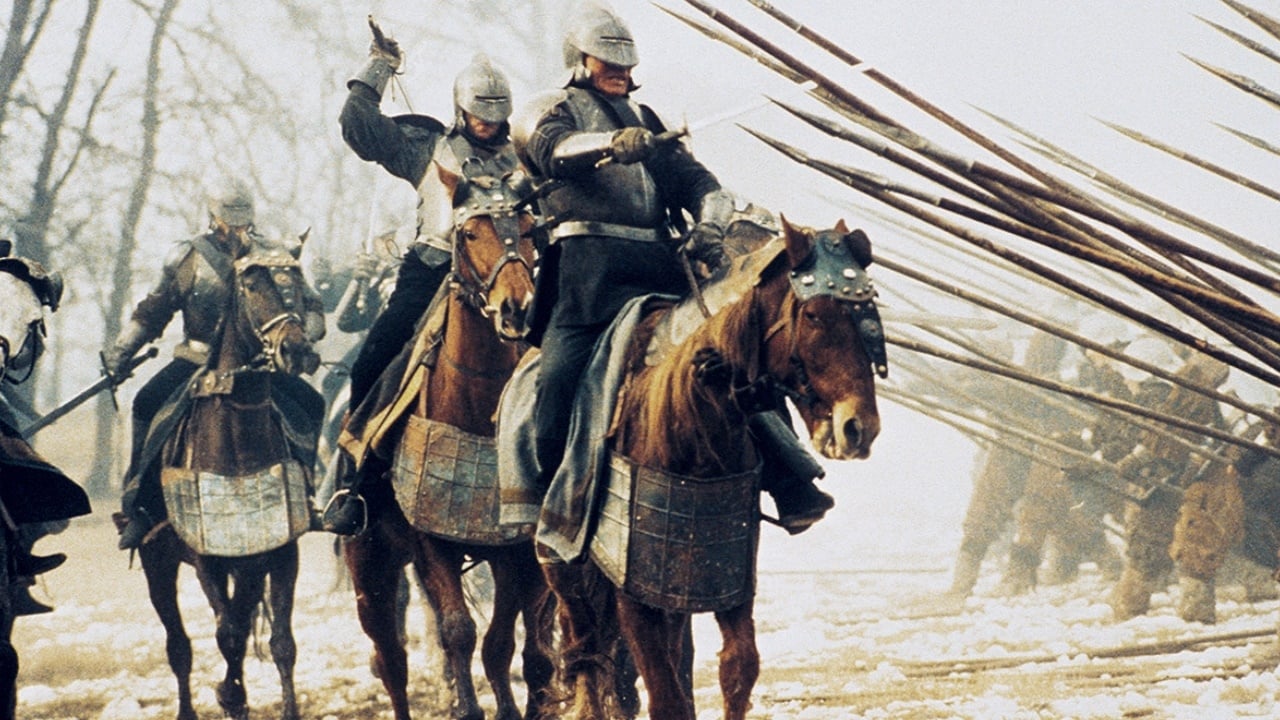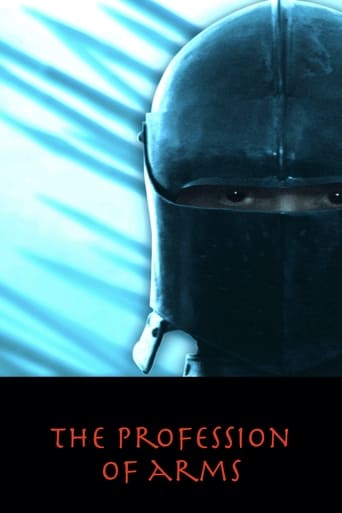GurlyIamBeach
Instant Favorite.
Skunkyrate
Gripping story with well-crafted characters
Phonearl
Good start, but then it gets ruined
RipDelight
This is a tender, generous movie that likes its characters and presents them as real people, full of flaws and strengths.
Riders-In-The-Sky
It is not an "easy" film. If you are searching for an adventure film, or a "kolossal", you don't find it here. But this is a beautiful movie by the artistic side, you need to watch it with calm and patience, like you have to watch a picture of a famous painter. The plot is carried out like touches of brush, the characters are "painted" over a background of ethereal landscapes, nearly soft. So, why my vote is only a 7/10? This is just because the movie is not easy, perhaps too slow for a "normal" vision. After all when I watch a movie, often, specially when I'm tired at the end of a hard day, I need to relax myself, while this movie needs much attention. I don't think you can watch it without a little of concentration, at least the first time. Like you look at a painting.
kasten-auxil
This film is for audiences with some awareness of renaissance military and art history, being a cross between a documentary (the words, armoury and events are rigorously based on documented history) and a series of achingly beautiful, live renaissance frescoes (photography: Fabio Olmi).It also hazards that that were it not for the betrayal of the Duke of Ferrara and his giving of four small cannon to the invading German forces of Emperor Charles V, not only might the young Joanni not have died as he did but the successful invasion and the sacking of the Papal state might not have occurred.Jivkov as Joanni De Medici and the whole cast are excellent. In short, an uncompromising film from an uncompromising director.
Mozjoukine
This is, in many ways, the most complicated and mature film Ermano Olmi has made and it's austerity and marginalizing narrative against setting and period make it hard to come to terms with. It resembles the Rosselini historical biographies, with action often played in wide shot like traditional gallery art but here the film making and performance are far more skillful and effective.Gradually we do come to recognize the head of the Papal forces trying to ride down the German invaders, intent on looting Rome, despite the shaky loyalty of his mercenary troops (Machiavelli is evoked as a military commentator) and the lack of support from local rulers. We even know about his social life and his laundry lists.The use of historic buildings and detailed costumes (burnished armor for night fighting) is a tradition which goes back as far as the WWI Italian cinema. Profession Of Arms is one of it's best outings and the military material is particularly imposing - the spear-men making a dangerous looking fog silhouette spike barrier that the cavalry charge, the foundry men producing artillery and the constant drawing of those long swords.The sting is in the tail with the narrator telling us that after the calamity of Commander de Medici, the sixteenth century rulers declared that that weapon of mass destruction, the cannon, would be forever banned. It does make it's point.Annonuti does voice over.
Viator Veritatis
This is an absolute must for anybody interested in Olmi's work or in the Italian Renaissance. One of the best Italian productions in years.As usual, Olmi concentrates on the grey landscapes of his native Padana plains, engulfed in a swirling fog dominating the human figures which move through it, in an atmosphere of timeless melancholiness. As in its masterpiece, "L'albero degli zoccoli", Olmi successfully tries to paint a picture of the characters' feelings and strivings through the pitfalls of a difficult existence, devoid of any intrinsec meaning.Do not misunderstand me - this is none of the pacifist crap fashionable amongst trendy critics and intellectuals. Neither it is a convoluted attempt to convey "profound" sociological or psychoanalytical concepts. That's why it didn't win the prize it deserved at Cannes. The film is rather an attempt to represent the reality of human loneliness and meaninglessness within a particular historical setting: that of a time when soldiery was still a "mestiere", a job, a professional choice devoid of the religious overtones which national myths have impressed on it in later times.The Generals of both armies are no heroes, but rather human beings endowed with very human needs - Giovanni writes his loving wife to send him underpants, and his far less loving uncle, the Pope, to send him some money to pay his men. These are poor and humiliated men, fighting in the pope's behalf, and receiving blessings (instead of money) in exchange. Their one solace through religion consists in the act of burning churches and crosses to warm themselves a little - "That's the Christ of us poor people, he will help us", they say finding a huge wooden crucifix, and the face of the Christ being burnt is a testimony to their grieves. But the leader of the German Landsknechten, famous von Freundsberg, is also an old man who, for all his vain ferocity, is forced to go back to Germany after his victory because of his old age and illnesses.The peasants fleeing through the fog, or hung by the German troopers, are wistful - more than tragic - elements of an unmoving landscape, mute testimony to the eternal cycles of war, of suffering, of pathetic strives to win victories that will be forgotten one day or week or month later, as new puppets will "strut and fret their hours upon the stage, and then will be heard no more" (from the famous monologue of Macbeth).A masterpiece from Ermanno Olmi. A film worth seeing wherever you live.

